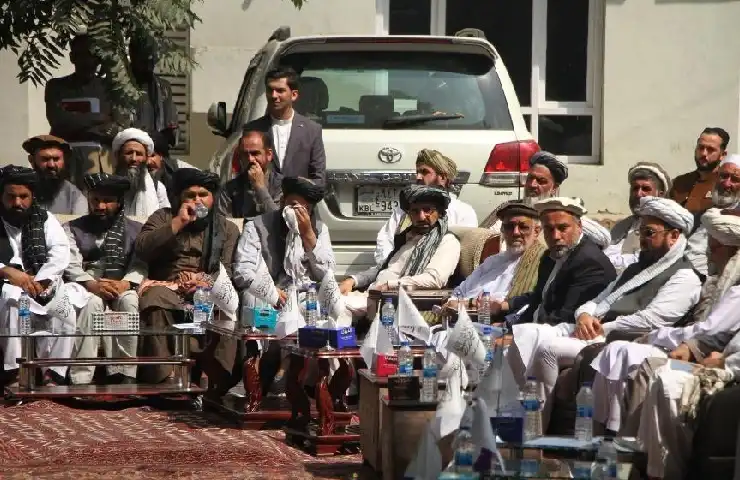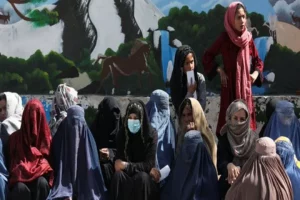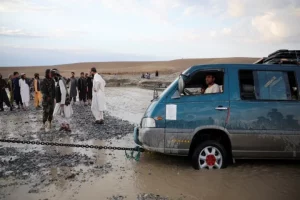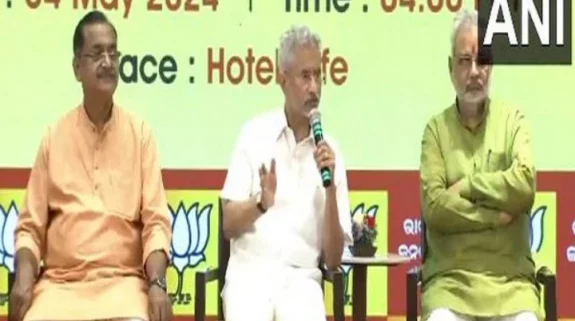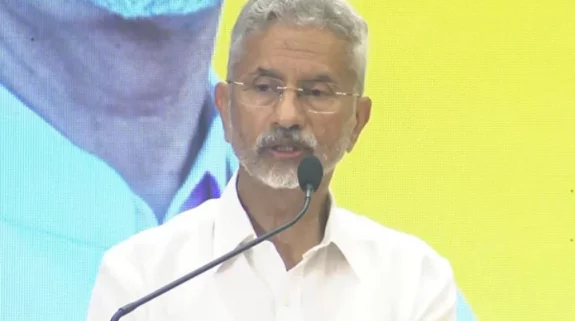It has been three weeks since the Taliban has formed its government.
But similar to their first stint in the mid-nineties, this time too, they have no constitution to govern the nation that they had forcibly captured last month.
The Taliban claim that they will govern according to the Sharia law but so far practical details or written policies have not emerged. Failing to formulate a constitution, the Taliban government has decided to “adopt” the constitution of the last king of Afghanistan, Zaheer Shah. That constitution was approved in 1964 by the Loya Jirga (lower house of elected representatives). At that time Afghanistan’s basic law recognized a constitutional monarchy, an elected parliament and an independent judiciary.
The fundamental rights of Afghan citizens were guaranteed. It also granted women the right to vote. But none of them was granted by the Taliban in their first and second regime. It seems they have decided to adopt the constitution just to get the recognition for their regime.
“The Islamic Emirate will enforce the constitution from the era of King Zahir Shah, Afghanistan’s last king, for an interim period, except those articles that are in conflict with Sharia Law and the principles of the Islamic Emirate,” Abdul Hakim Sharie, the acting Minister for Justice of the Taliban government told TOLO news on Tuesday, adding that this constitution will be enforced in the country for an interim period.
MoJ to Enforce Zahir Shah-Era Constitution
The minister did not give any details but said that the group will eliminate those parts of the constitution, with which they disagree.
Interestingly, after the fall of the Taliban’s first regime, Zahir Shah returned to Afghanistan after three decades of exile to unite the war-torn country as the head of the state till the new government took over. He was given the title of “the father of nation” by the Loya Jirga.
According to Afghan historians, Mohammad Zahir Shah, who was born in Dehradun in India in 1914, was proclaimed King on November 8, 1933 at the age of 19, after the assassination of his father Mohammad Nadir Shah. At Zahir Shah's behest a new constitution was introduced in 1964 which made Afghanistan a modern democratic state by introducing free elections, a parliament, civil rights, women rights and universal suffrage. There was a new era ushering in nearly a decade of parliamentary democracy before he was overthrown in 1973.
Also Read : US reads out the riot order – five conditions that Taliban must fulfil to gain legitimacy
The new constitution had many reforms such as introducing women’s right to vote in the 1964 constitution, and promoting women’s right to education and participation in political processes such as loya jirgas. This was the time when co-education started in the country. But this constitution was nullified when the Taliban forcibly captured the country in 1996.
Afghanistan once again adopted a constitution in the aftermath of the US-led 2001 invasion. But it did not restore the old monarchy. Instead, a fresh text was adopted in 2004 that envisaged a presidency and enshrined equal rights for women.
After 25 years, the Taliban, after capturing power again, are opting the same old constitution. But critics say that the Taliban have been violating many salient articles of the constitution and now are trying to hoodwink the world to gain recognition for their regime internationally. Interestingly Taliban’s ally, Gulbuddin Hekmatyar, a Pakistani protegee and leader of Hezb-e-Islami had protested against the same constitution calling it un-Islamic.
“The Zahir Shah era constitution envisioned a parliamentary system where the laws of states would be enacted by an elected parliament. Taliban have rejected representative legislation so far,” says Haroun Rahimi, Assistant Professor of Law on his twitter post.
The Constitution recognizes the separation of state law (made by an elected parliament) & Hanafi Doctrine. Taliban have so far rejected this separation indicating that state coercion can be used to enforce their favoured opinions within Hanafi without accountability.
Abdullah Ahmadzai, former Afghan Chief Electoral officer, says that Chapter 2 of the Constitution details the rights of citizens as limits of state power. Taliban have shown no indication that they believe their power is limited by an enumerated/codified bill of citizen rights.
“We can’t cherry-pick bits and pieces of it just because we have a certain opinion about them. Also, neither the 1964 nor the 2004 constitutions were unislamic Maybe a review by constitutional law experts beyond the Taliban could be a start.”
Right from the flag to equal rights for Afghan citizens experts say, the decisions and policies announced by the Taliban for the past few weeks are against many of the articles of the constitution, they are against the Sharia law as well.






